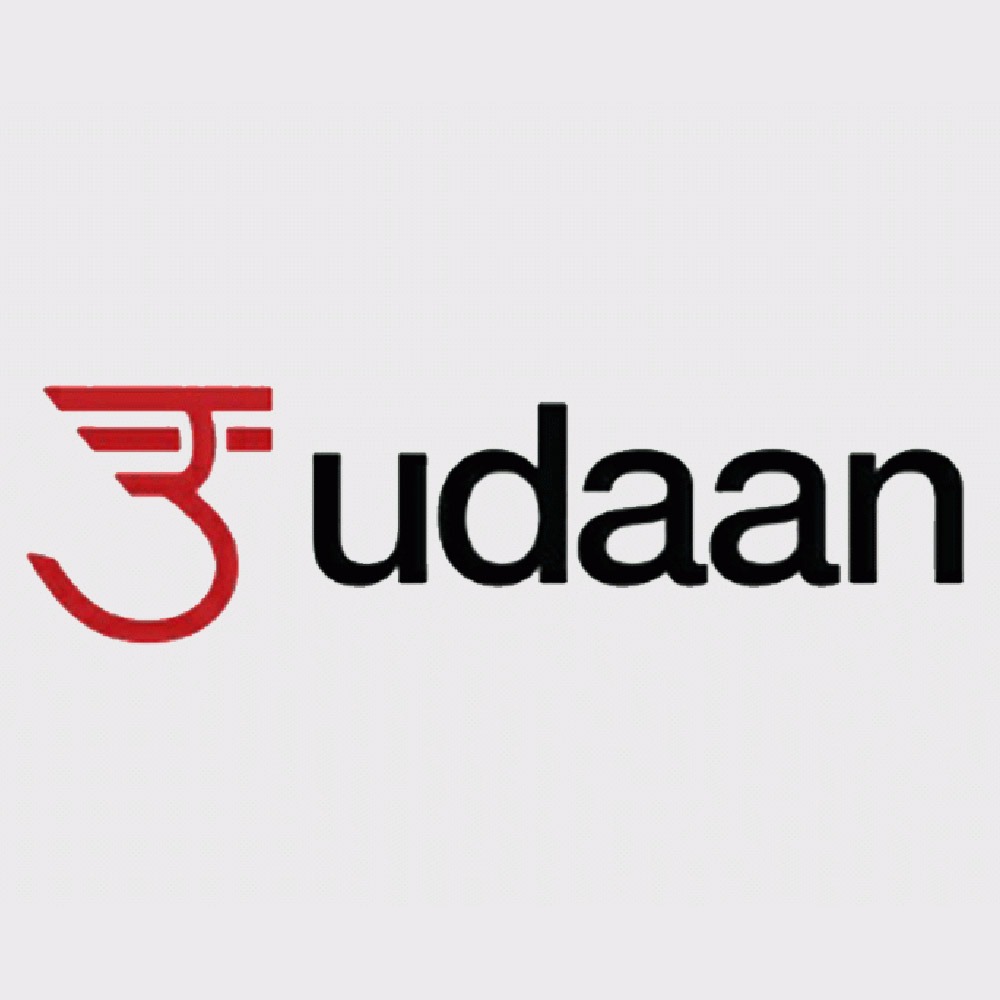Description-: Udaan now has a network of over 3 million registered users and about 30,000 sellers across over 11,00 cities in the country. The platform has over 3 million retailers, chemists, Kirana shops, HoReCa, and farmers doing over 5 million transactions per month.
Udaan has raised $120 million in convertible notes and debt from shareholders and bondholders said India’s largest business-to-business e-commerce firm amid a funding winter for start-ups. Financing for Udaan, which plans an IPO in the next 12-18 months, has crossed $350 million in the last four quarters, making it one of the largest structured instrument fundraises in the country, according to an internal company letter.
“Despite the funding-related challenges being experienced by the larger start-up ecosystem, this fundraise reflects the confidence of investors in our business model,” said Aditya Pande, chief financial officer of Udaan, in an internal note to employees.
Udaan was valued at $3.1 billion in its last funding round of $280 million in January 2021 from existing and new investors. According to industry sources, valuation set by the latest funding round will be done later, either at the time of the IPO or during the pre-IPO rounds of funding.
A convertible note is an instrument typically used by companies at pre-IPO stage, and the instrument converts into equity at the IPO. Large-scale tech companies that have successfully used convertible notes include Airbnb, Uber, Spotify, and Robinhood.
Business-to-business e-commerce players, including Udaan, are expected to disrupt the $1 trillion consumer retail market in India, according to Bernstein, the US-based research powerhouse. The funding would help the startup to compete with e-commerce giants such as Amazon, Flipkart, and Reliance’s JioMart which are also betting big to tap B2B e-commerce, especially in Bharat (tier 2 and tier 3 cities and rural India).
Udaan now has a network of over 3 million registered users and about 30,000 sellers across over 11,00 cities in the country. The platform has over 3 million retailers, chemists, Kirana shops, HoReCa, and farmers doing over 5 million transactions per month.
At a time when India is currently experiencing a funding winter, start-ups are looking at different avenues such as venture debt to stay afloat, according to experts. The funding winter is expected to continue for the next 12-18 months and the country has witnessed a series of layoffs and start-up and unicorn valuations are under stress.
In 2021, the global venture debt funding hit an all-time high of $58 billion — a five-fold jump in the past eight years, according to the data platform, Pitchbook. Experts said startups found debt financing as a way to avoid more dilutive equity investment due to falling public market valuations, frozen IPO market, and investor pullback from later-stage and pre-IPO startups. Global private equity firms are also pushing themselves into the venture debt market. Blackstone has reportedly earmarked at least $2 billion for technology debt deals.
















